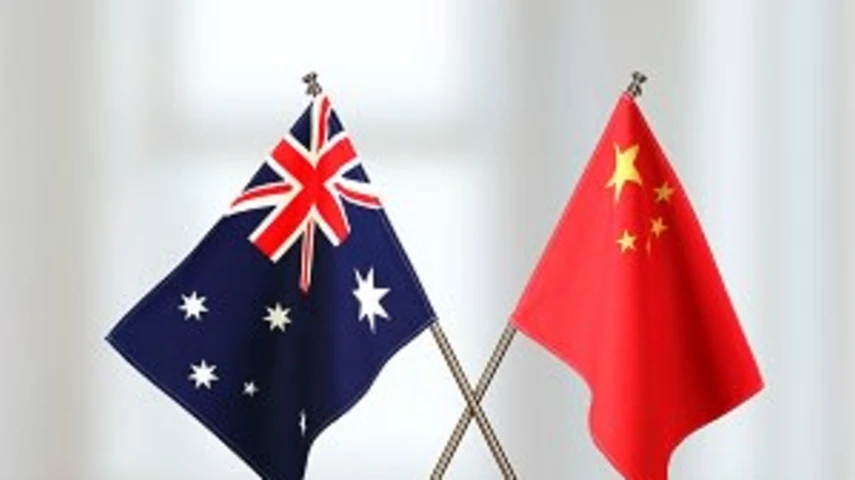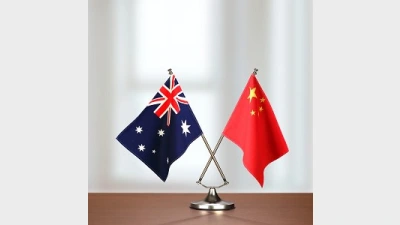Expect further deterioration in AU/China relationship



The two largest economies are shifting the world order from a more market-based system to one driven by national security and there is no looking back, according to Professor Jane Golley.
Speaking at the CFA Societies Australian Investment Conference, Golley, economist and director at the Australian National University’s Centre on China, said China and the US had engaged in increasing use of economic tools to pursue geopolitical aims which would impact investment and trade.
“The trade war between the two of them – that's not just China behaving badly… it’s also the United States behaving badly, and it's quite ironic really that the two economies, and governments have begun to converge in the way they handle other economies and countries on the global stage.”
Because of this increased use of economic tools to pursue geopolitical aims, the political relationship between China and Australia was now at an all-time low.
“I think it takes two to tango and it cuts both ways but there is no question that it’s reached the lowest point in history, unfortunately I think it can still deteriorate further,” she said.
But, pointing to an ANU study which looked at the China/Australia trade relationship between 1998 and 2018, Golley said trade had remained resilient.
“I think there's a really important question around that about just how resilient trading and of course investment links might be to political relations heading south,” she said.
“I think what this means in the Australia-China case in the future won’t look like the past; that resilience might break down and its very hard to predict when that would be.”
Golley said China would continue to punish Australia if Australian policymakers continued to send the wrong kind of signals, like Treasurer Josh Frydenberg’s labelling of China's Mengniu bid for Lion Dairy as ‘contrary to national interest’ last year.
“But there will still be opportunities to look for within that it's just that the area in which that connectivity can prosper is going to shrink, not only because of the bilateral relationship but of course because Australia has also very clearly chosen to side with the United States, and we can't try and minimise just how serious that risk might be,” Golley said.
Recommended for you
LGT Wealth Management is maintaining a neutral stance on US equities going into 2026 as it is worried whether the hype around AI euphoria will continue.
Tyndall Asset Management is to close down the Tyndall brand and launch a newly-branded affiliate following a “material change” to its client base.
First Sentier has launched its second active ETF, offering advisers an ETF version of its Ex-20 Australian Share strategy.
BlackRock has revealed that its iShares bitcoin ETF suite has now become the firm’s most profitable product line following the launch of its Australian bitcoin ETF last month.











